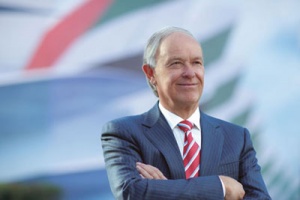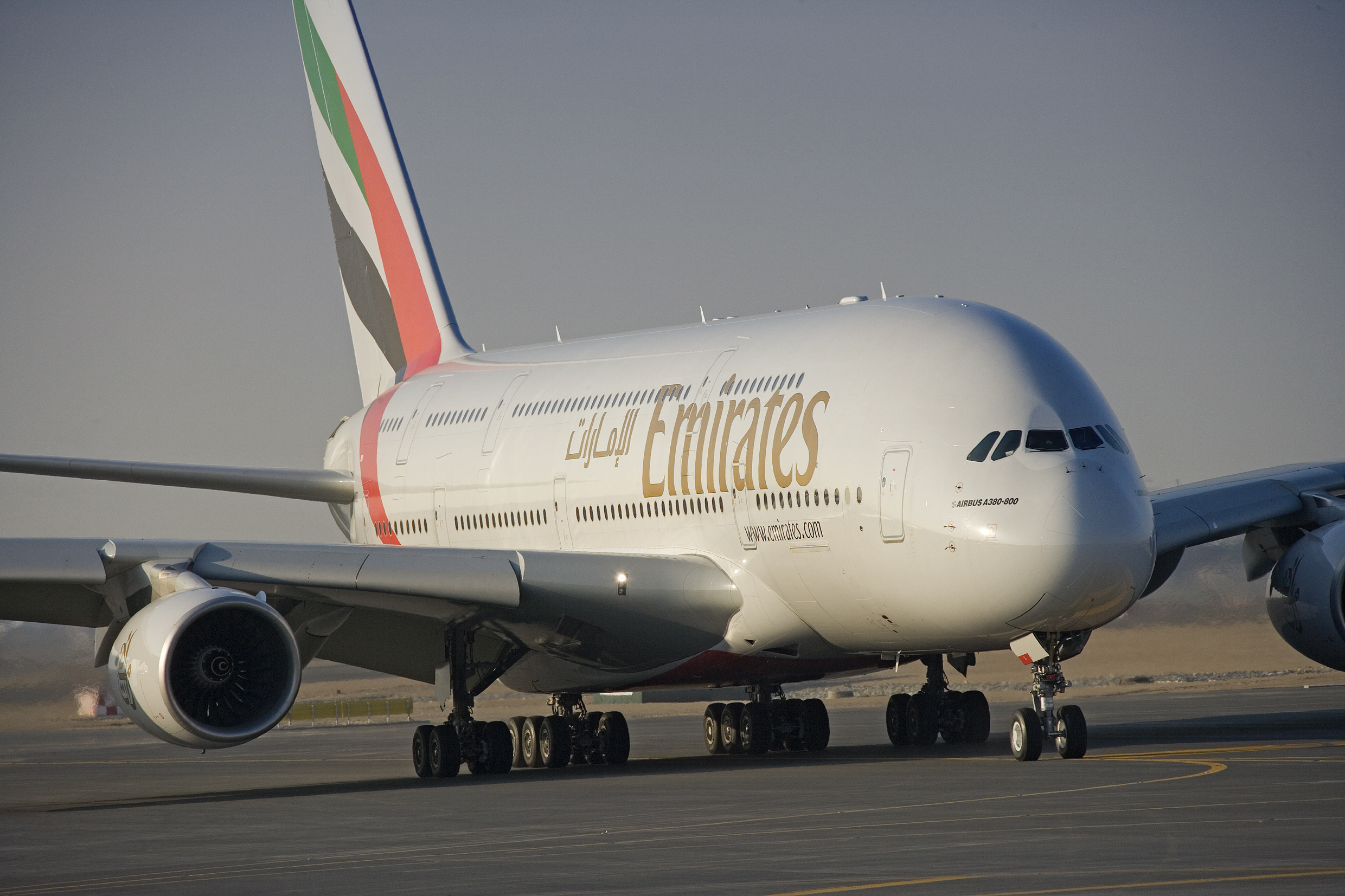Solution sought for Dubai immigration delays

Emirates president Tim Clark has described long hold-ups at immigration at Dubai International Airport as regrettable and said the delays “were a matter of high priority which we would hope to solve within weeks”.
Speaking in Dubai at the recent press conference to welcome the Emirates-Qantas partnership, Clark said that the delays were “a victim of the airline’s (Emirates) success”.
He said that the plan was to add more desks and to introduce a fully automated photo identity system.
Passing through the passport controls for those entering the UAE can involve waits of up to half an hour at peak times.
Qantas, the only other airline to use the new Concourse A, does not have this problem with a dedicated reception area and few aircraft to deal with at any one time.

Emirates has grown to become one of the largest airlines in the world
More Information
Tim Clark has been a member of the senior management team since the year Emirates launched and was instrumental in transforming the airline from a one-route carrier operating off a dusty runway to a world leader serving more than 120 destinations.
He became President of Emirates airline in 2003 after spending 18 years helping build an aviation empire which owes much to the route networks he established soon after joining as head of airline planning.
Clark joined Emirates in 1985 after establishing a reputation as a talented route planner during four years at Bahrain’s Gulf Air, which had recruited him from the now-defunct British Caledonian Airways.
Using this experience, combined with the skills he developed while attaining an economics degree from London University in 1971, he scrutinised demographic data and passenger statistics to identify profitable new routes for Emirates.
Clark saw potential in routes other airlines had passed over and for the first Emirates route, Pakistan was targeted - a nation which had a population of more than 150 million people but just one state carrier.
Dubai’s strategic location was obvious and services to India soon followed, laying the foundations for him to build a sprawling network which now connects billions of people.
In addition, Clark is the chairman of the Emirates Airline Foundation, a non-profit charity that he helped found which provides humanitarian, philanthropic aid and services for children in need around the world.
Until 2008, Clark was the managing director of SriLankan Airlines.
He is also a Fellow of the Royal Aeronautical Society.

